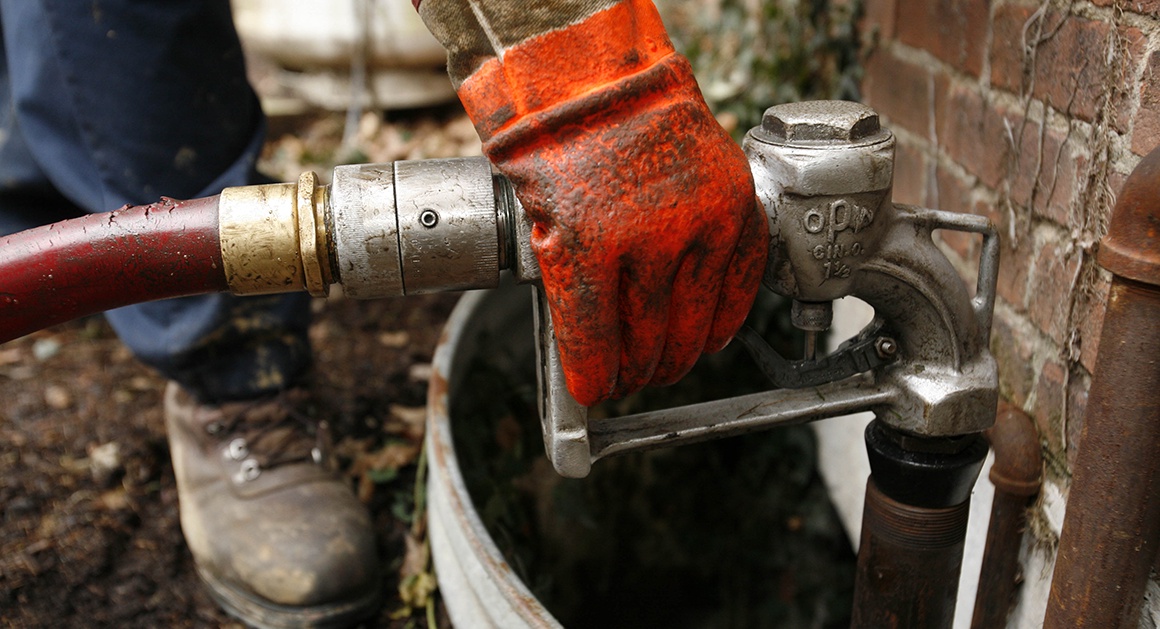In the colder months, there's nothing quite like the comfort of a warm, cozy home. For many households, domestic oil serves as a reliable source of heat, offering warmth and comfort throughout the winter season. However, with rising energy costs and increasing environmental concerns, maximizing the efficiency of your home heating system has never been more important. In this blog, we'll explore practical tips and hacks to optimize your domestic oil heating system, ensuring both comfort and sustainability while minimizing energy expenses.
Understanding Your Heating System:
Before diving into efficiency improvements, it's essential to understand the basics of your home heating system. Whether you have a furnace or boiler, knowing its type, age, and efficiency rating provides valuable insight into its performance. Older systems may be less efficient and could benefit from upgrades or modifications to improve efficiency.
Regular Maintenance:
Like any mechanical system, regular maintenance is crucial for ensuring optimal performance and longevity. Schedule annual tune-ups with a professional technician to inspect and clean components, replace filters, and identify any potential issues. Regular maintenance not only improves efficiency but also reduces the risk of unexpected breakdowns and costly repairs.
Programmable Thermostat Installation:
Investing in a programmable thermostat is a simple yet effective way to optimize your oil heating system efficiency. Programmable thermostats allow you to set different temperatures for various times of the day, adjusting heat levels based on your schedule. For example, you can lower temperatures when you're away or asleep and raise them when you're home and awake. By reducing heating when it's not needed, you can significantly lower energy consumption and save on utility bills.
Zone Heating:
Zone heating offers another level of customization and efficiency in home heating. By dividing your home into zones and installing zone control valves or ductless mini-split systems, you can heat specific areas as needed, rather than heating the entire house uniformly. This approach allows for greater control over temperature settings, optimizing comfort and energy usage.
Insulation Upgrades:
Proper insulation is essential for minimizing heat loss and maximizing energy efficiency in your home. Insulate walls, floors, and attics to retain heat and prevent drafts. Seal gaps and cracks around doors and windows to eliminate air leaks, further reducing energy loss. Improved insulation not only enhances comfort but also reduces the workload on your heating system, leading to lower energy bills.
Efficient Water Heating:
If your home heating system includes a water heater, optimizing its efficiency can further enhance overall energy savings. Insulate hot water pipes to minimize heat loss, and lower the water heater temperature to 120°F (49°C) to reduce energy consumption. Consider installing a water heater timer to schedule heating cycles during periods of low demand, further reducing energy usage.
Energy-Efficient Appliances:
Upgrade to energy-efficient appliances, including heating equipment, to maximize energy savings. Look for appliances with high Annual Fuel Utilization Efficiency (AFUE) ratings, indicating superior energy performance. While upfront costs may be higher, the long-term savings on energy bills make energy-efficient appliances a worthwhile investment.
Air Sealing and Ductwork Inspection:
Sealing air leaks in ductwork and ensuring proper insulation is essential for optimizing airflow and efficiency in your heating system. Leaky ducts allow heated air to escape and cold air to infiltrate, reducing overall efficiency and comfort. Duct sealing and insulation improvements prevent energy loss and ensure that heated air reaches its intended destination.
Regular Filter Replacement:
Don't overlook the importance of regular filter replacement in maintaining system efficiency. Clogged air filters restrict airflow, forcing your heating system to work harder and consume more energy. Replace air filters regularly to maintain optimal airflow and prevent dust and debris buildup, ensuring peak performance and efficiency.
Utilize Solar Energy:
Consider supplementing your domestic oil heating system with solar energy to further reduce reliance on traditional fuels. Solar panels can generate electricity to power heating equipment or provide passive solar heating through strategically positioned windows and thermal mass. While the initial investment may be significant, the long-term savings on energy bills and reduced environmental impact make solar energy a sustainable choice for home heating.
Conclusion:
Efficiency is the cornerstone of a well-functioning home heating system. By implementing these domestic oil efficiency hacks, you can optimize comfort, minimize energy consumption, and lower heating costs. From regular maintenance and programmable thermostats to insulation upgrades and solar energy integration, small changes can make a significant impact on your home's energy efficiency. Take proactive steps to enhance the efficiency of your heating system and enjoy a warmer, more sustainable living environment for years to come.


No comments yet